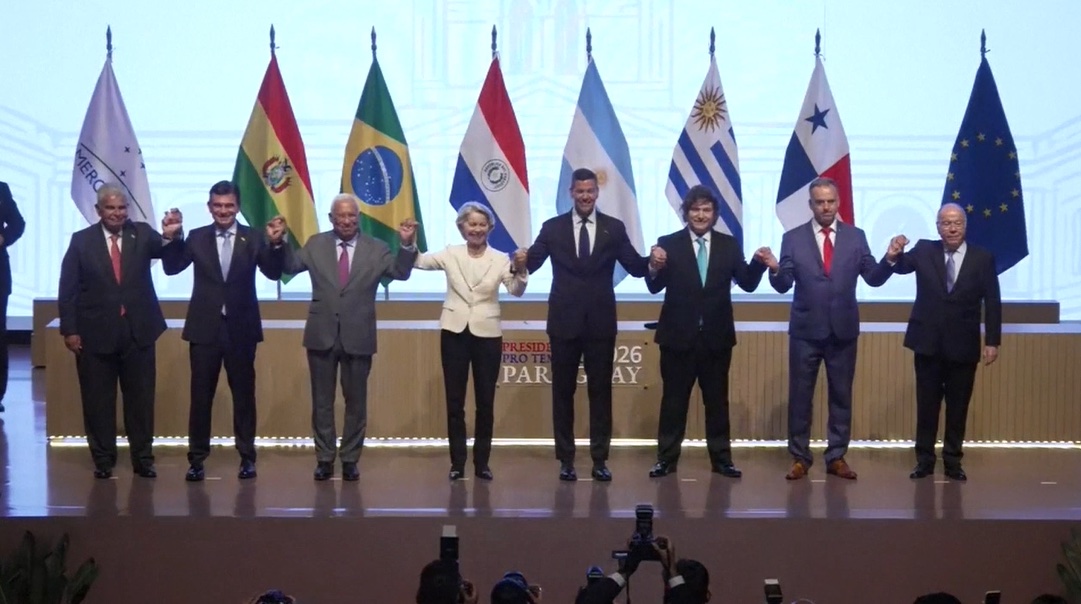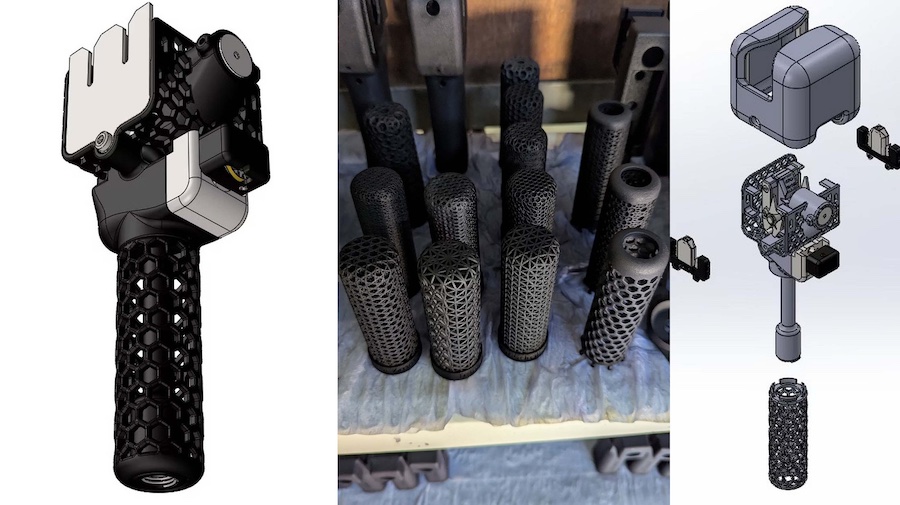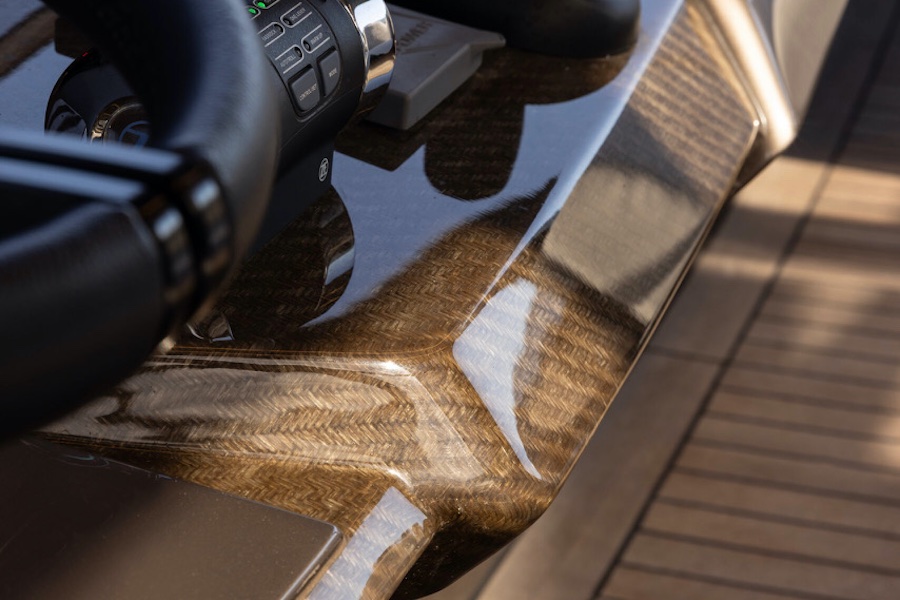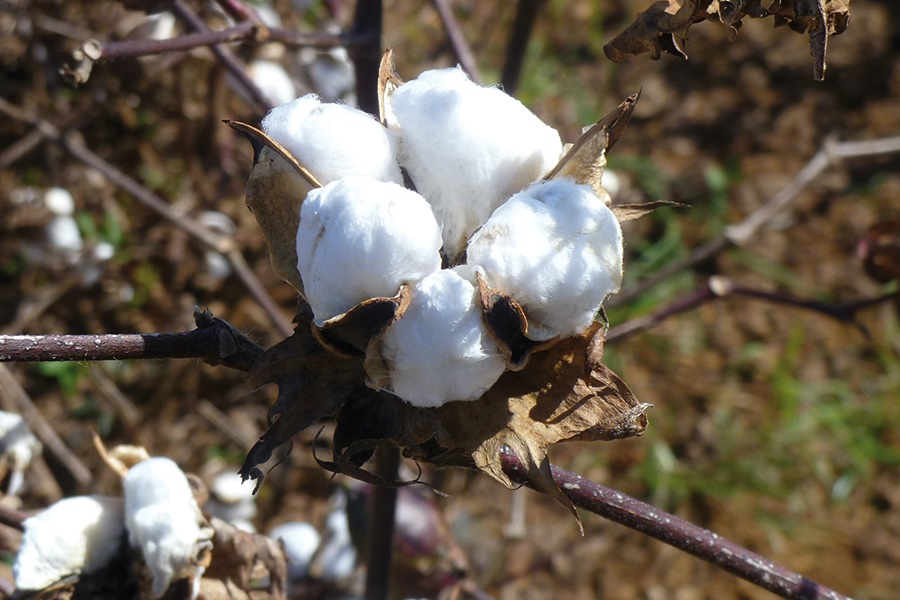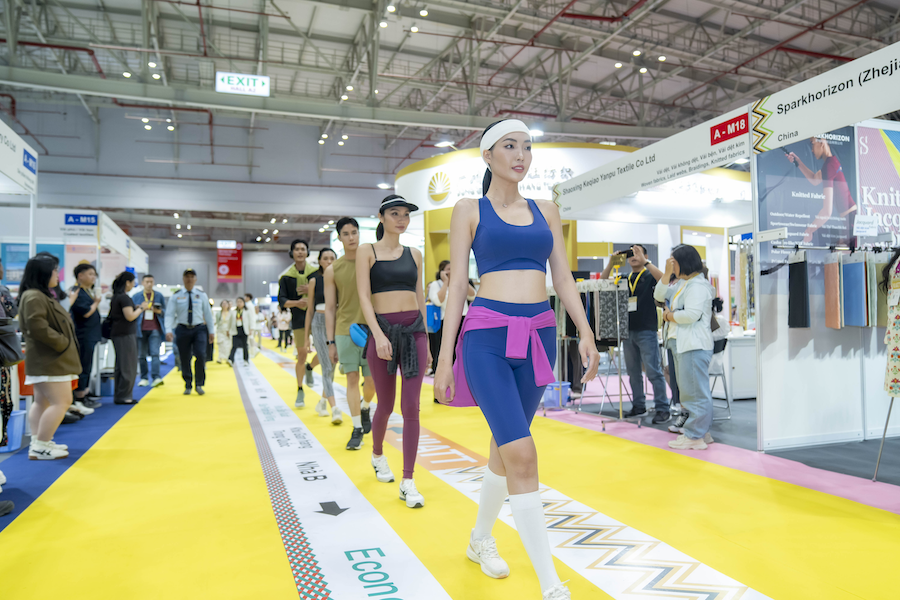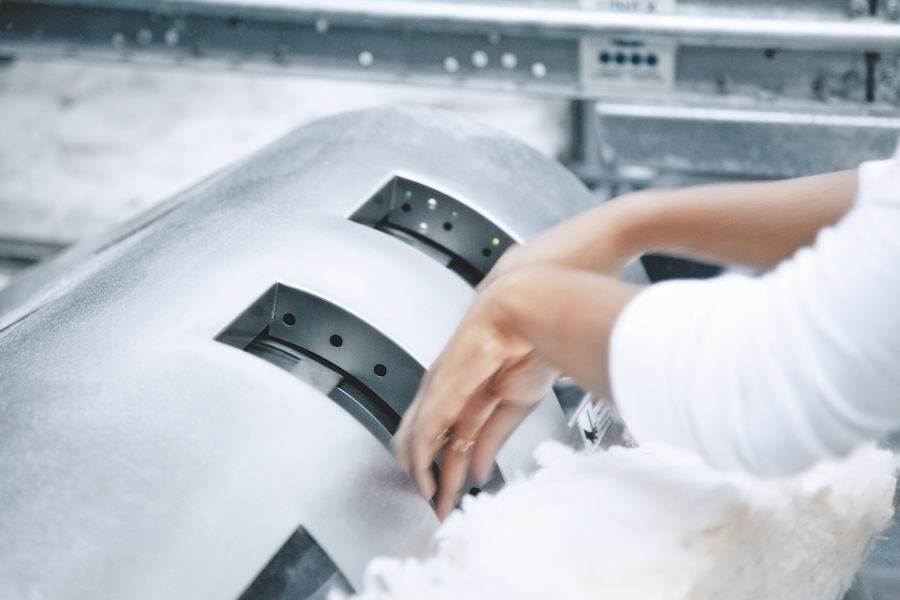#Associations
The European textiles industry statement on the energy package: more and more incisive actions need to be taken with no further delay
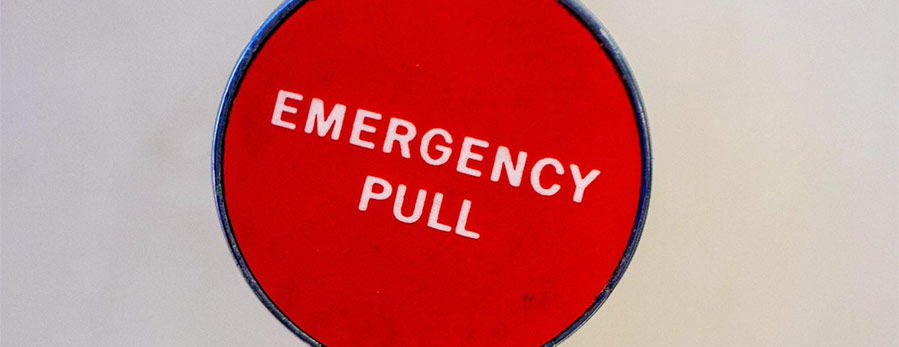
We, the European associations representing the whole textiles’ ecosystem, welcome these proposals by the Commission to change the TTF benchmark parameters and decouple the TTF from the electricity market and the revision of the merit-order principle for the electricity market, which is no longer serving the purpose it was designed for.
We also welcome the proposal to amend the state-aid framework that, in our view, should include the textiles finishing, the textiles services and the nonwoven sectors as well as a simplification of the application requirements. Furthermore, we call for a uniform implementation across the EU.
However, we acknowledge that the Commission proposal lacks in ambition and – if confirmed – it will come at the cost of losing European industrial capacity and European jobs. Ultimately, Europe will remain without its integrated textiles ecosystem, as we know it today, and no mean to translate into reality the EU textiles strategy, for more sustainable and circular textiles products.
An ambitious and meaningful European price cap on the wholesale price of natural gas is absolutely necessary. Europe is running out of time to save its own industry. It is now time to act swiftly, decisively in unity and solidarity at European level. We understand a very high price cap has been so far discussed among Ministries and that is not reassuring for companies across Europe: if any cap is, as expected, above 100/MWh, these businesses will collapse.
Already in March 2022, with EU gas wholesale prices at 200€/MWh, the business case for keeping textiles production was no longer there. To date, natural gas wholesale prices have reached the level of 340€/MWh[2], more than 15 times higher compared to 2021[3]! Currently, many businesses have suspended their production processes to avoid the loss of tens of thousands of euros every day. We hope this will not become the new normal and – to reduce the likelihood of such a scenario – we call on the Commission, the EU Council and the Parliament to swiftly adopt decisive, impactful and concrete actions to tackle the energy crisis and ensure the survival of the European industry.
Given the dire international competition in which the EU textiles industry operates, it is not possible to just pass on the increased costs to consumers. Yet, with these sky-high prices, our companies cannot afford to absorb those costs. The EU textiles companies are mainly SMEs that do not have the financial structure to absorb such a shock. In contrast with such reality in Europe, the wholesale price of gas in the US and China is 10€/MWh, whereas in Turkey the price is 25€/MWh. If the EU does not act, our international competitors will easily replace us in the market, resulting in the de-industrialisation of Europe and a worsened reliance on foreign imports of essential products.
Specific segments of the textile industry are particularly vulnerable:
The man-made fibres (MMF) industry for instance is an energy intensive sector and a major consumer of natural gas and electricity in the manufacturing of its fibres. Not only is it being affected by higher energy process, it is also experiencing shortages and sharply rising costs of its raw materials.
For the nonwovens segment, production processes – which use both fibres and filaments extruded in situ – are also highly dependent on gas and electricity. Polymers melting and extrusion, fibres carding, web-forming, web-bonding and drying are energy-intensive techniques. Nonwoven materials can be found in many applications crucial to citizens like in healthcare (face masks) or automotive (batteries).
It also is to be noted that for some segments the use of gas has no technological substitute: for example, the dyeing and finishing production units make very intense use of gas. These production units are mainly composed by boilers and driers, which only work on gas and there is no alternative technology.
The textile services sector is also struggling: with the critical nature of the service they provide, they require a considerable amount of energy to keep services, particularly hospitals and care homes stocked with lifesaving material as well as clothing and bed linens for the patients themselves. Losing these businesses would cause a lack of clothing for healthcare professionals, including protective sanitary gowns for surgeons, nurses and doctors, uniforms including other forms of personal protective equipment.





